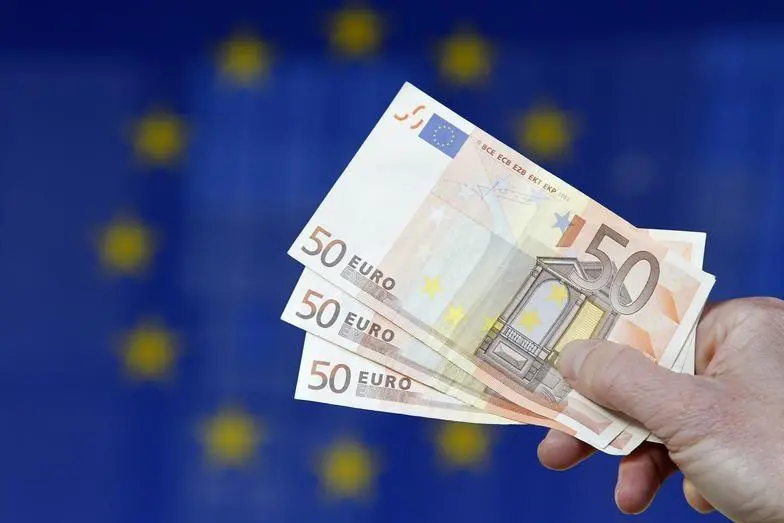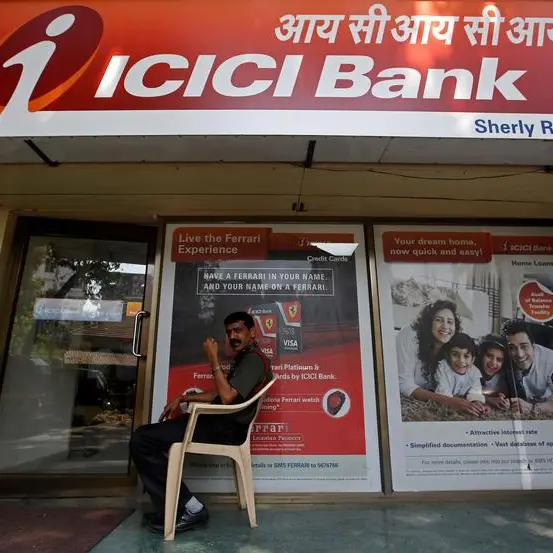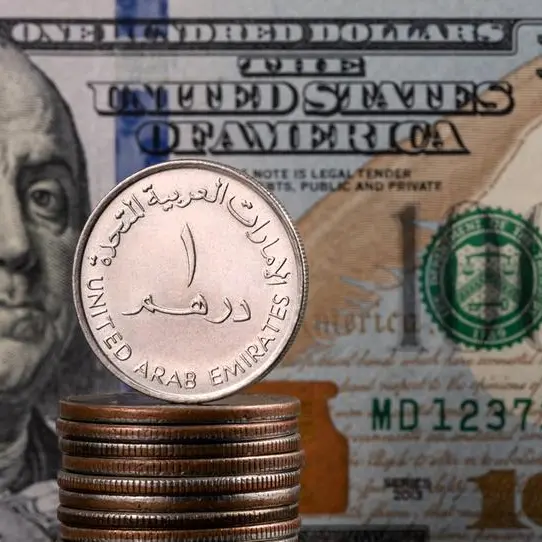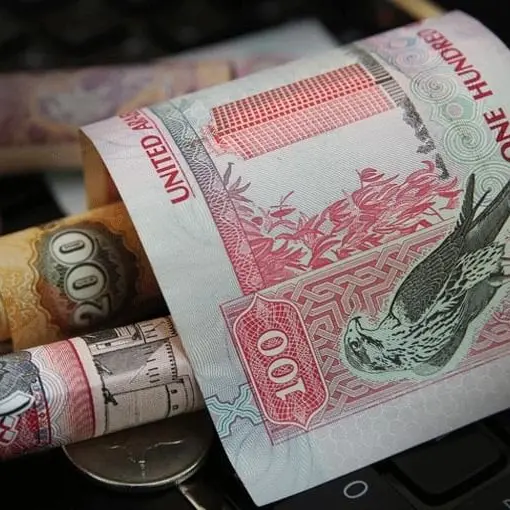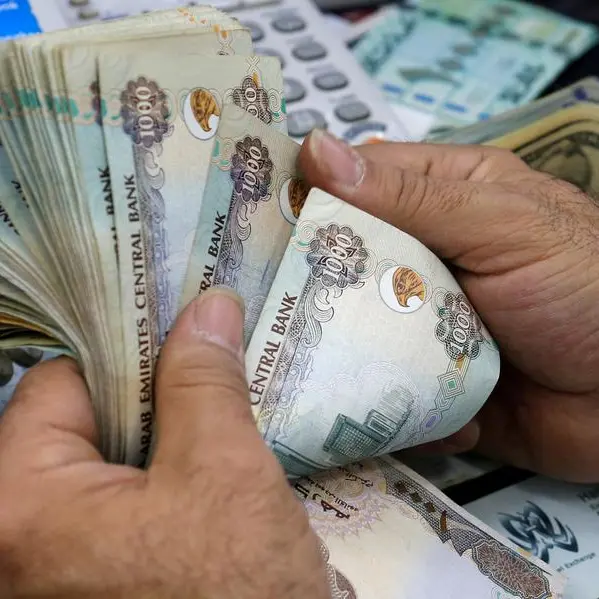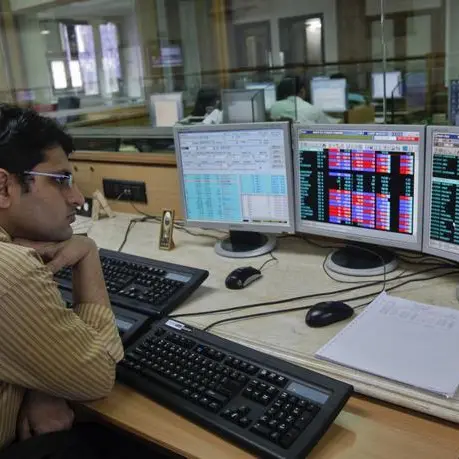PHOTO
Euro zone government bond yields rose on Tuesday with investors betting the U.S. Federal Reserve would continue to raise interest rates as Russia's invasion of Ukraine kept inflationary pressures building.
Moscow is facing more Western sanctions in retaliation for civilian killings in northern Ukraine. Restrictions on Russia have already driven consumer prices higher and central bank vigilance against inflation was the big influence on markets with Germany’s 10-year bond yield, the benchmark of the bloc, rising 2 basis points (bps) to 0.544%..
"We think that market rate expectations will continue to be dominated by the Federal Reserve, as the ECB is still pursuing its policy of maximum optionality," Chris Attfield, European rates strategist at HSBC, said.
“That means there is minimal guidance for the market. There's a vacuum at the moment, which is being filled by hawkish expectations about the Fed’s monetary stance."
The U.S. 10-year Treasury yield rose 3 bps to 2.4431%, with the 2-year/10-year yield curve still inverted.
Some analysts flagged recently that Bund yields are unlikely to rise above 0.5%-0.6% until it is clear how the European Central Bank will face surging inflation and the risk of economic slowdown due to the war.
“It seems that investors are cautiously increasing Bund duration at 10y yields above 0.5%,” Commerzbank analysts said in a research note.
Investors were concerned about the inversion of the U.S. 2-year/10-year yield curve, which is seen as a precursor for a recession in the next two years.
However, several analysts said they were extremely cautious in using the 2y-10y spread alone as an argument for rising recession risks.
“No matter what the curves do, we see an expansionary cycle driven by the reopening of the economies and more public spending on energy and defence,” Yannick Lopez, head of fixed income at OFI Asset Management, said.
Euro zone business growth got a boost last month from the re-opening of economies, according to surveys.
France's government bond yields have priced in an Emmanuel Macron win, with the spread between German and French 10-year yields at around 45 bps last week, according to Citi analysts who said they were expecting a widening of 20 bps on the tail risk of a Marine Le Pen win.
It hit its widest in almost six weeks at 52 bps on Tuesday, amid broad spreads widening after a recent tightening due to a jump in the German yields.
French far-right candidate Marine Le Pen on Monday captured 48.5% of voter intentions in an opinion poll of a likely runoff against Emmanuel Macron.
Italy’s government bond prices were also underperforming their German peers, with the spread between Italian and German 10-year yields widening 4 bps to 159 bps.
Italian and French 10-year bond yields rose respectively 6.5 bps to 2.14% and 4.5 bps to 1.09%.
The European Union will raise 6 billion euros from the sale of a new, 20-year green bond on Tuesday.
(Reporting by Stefano Rebaudo; Editing by Carmel Crimmins)
